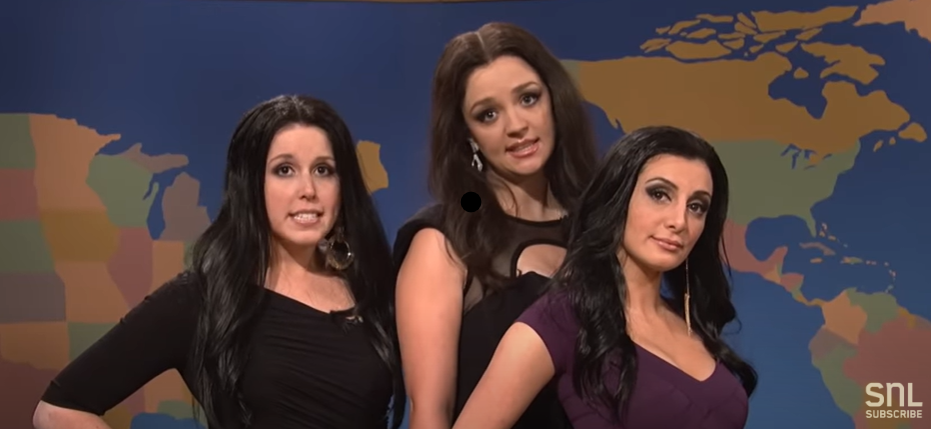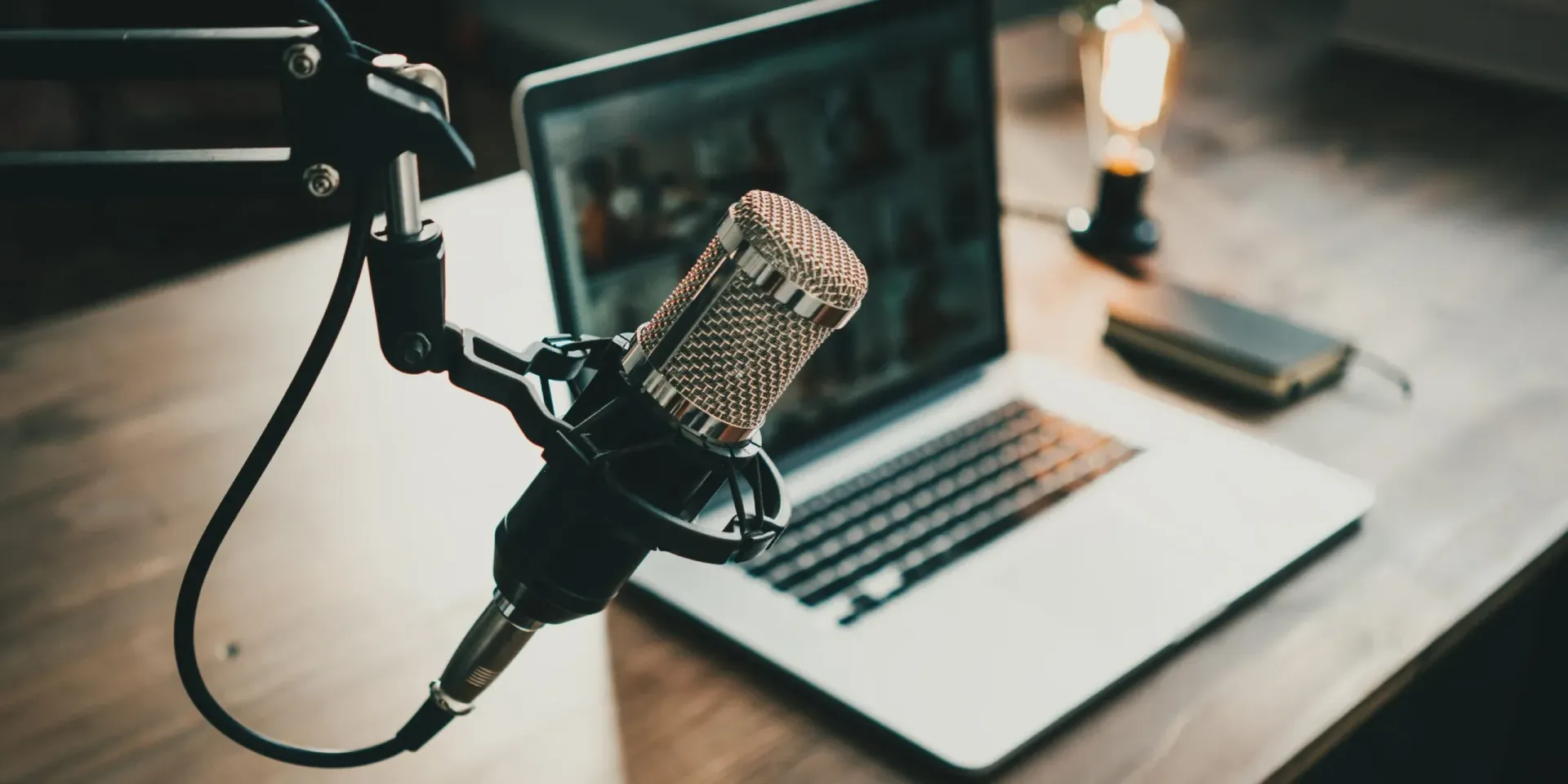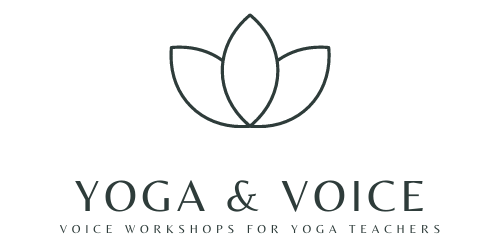What Coaching Teaches *Me*
Sometimes, I'm the one who learns the most in my workshops.
I remember the moment when I was wrapping up one of my workshops with a room full of Ballet Barre trainees, and we were going through my “vocal housekeeping” portion, where I discuss basic “hacks” that voiceover people have known for years, but that anyone can benefit from. I was talking about the importance that sleep has on the voice, and one attendee piped up and said:
“I tape my mouth shut when I sleep!”
I couldn’t hide my look of confusion and decided to double down on that confusion by quipping: “Well of *course* you do! Good luck with that….”
She then introduced me to James Nestor’s groundbreaking book “Breath” (which has since become somewhat of a bible to me) and his advocation of mouth taping at night. His theory: we’re all mouth breathers, and it’s not an optimal way to breathe. Especially at night. My sleep – which has always been great – is now ever better since I started my mouth taping practice.
That’s a clear and tangible moment of *me* learning from *my students*. And it’s not isolated.
I have a tendency to “stow away” nuggets of wisdom passed on me while doing my vocal coaching; they’re like little gifts that I garner along the way. I’m there to teach/coach them – but it’s amazing the amount of times I walk away from a session thinking that *I’d* gained.
One client said she felt like she had “malware installed on her voice”. How fantastic is that? And do you think I wasted any amount of time incorporating that into my own workshop material?
Another recent client said that he wanted to “be a better storyteller.” He wasn’t even talking literally (although he reads to his child at night and wouldn’t mind “upping” that game) – but what he really meant was that his corporate presentations; as technical as they were, involved him “telling a story”. What an amazingly perceptive and self-aware client – who enhanced how I encourage other clients to approach their spoken presence.
I’m there – in my one-on-one coaching and in my workshops – to enhance the knowledge of those who are attending. But there’s no reason why I, too, shouldn’t benefit from their insight.
One of the biggest lessons I’ve learned by doing my workshops is the impact that language has on non-native speakers.
It’s common for me to navigate questions from new Canadians about how to reduce their accents (I don’t offer that specialized segment of vocal coaching, but there are many who do) – I’m of the thinking that their accent – and their culture – is a huge part of who they are, and I am unwilling to alter such a huge part of their identity. Apart from general coaching about slowing down and being more deliberate in their speech, these questions about other cultures really brought home the idea that: 1. Speaking in a language that’s not your default creates a whole layer of challenge to public speaking and 2. Navigating feelings of being an “outsider” can be a large contributing factor to being in a nervous state while speaking in front of your class. I never would have given that much thought, until it was pointed out to me – and now, it’s a feature of my workshop. Another gift.
For those in a position to coach or advise others; be open to the idea that the knowledge may occasionally flow both ways, and that you should be open to receiving those gifts when they come your way. Every time I do my workshop, I think of ways to modify and improve it for the next time; many of these changes are born out of input, suggestions, and pure nuggets of wisdom from my students.
And I’m grateful for every one of them.










